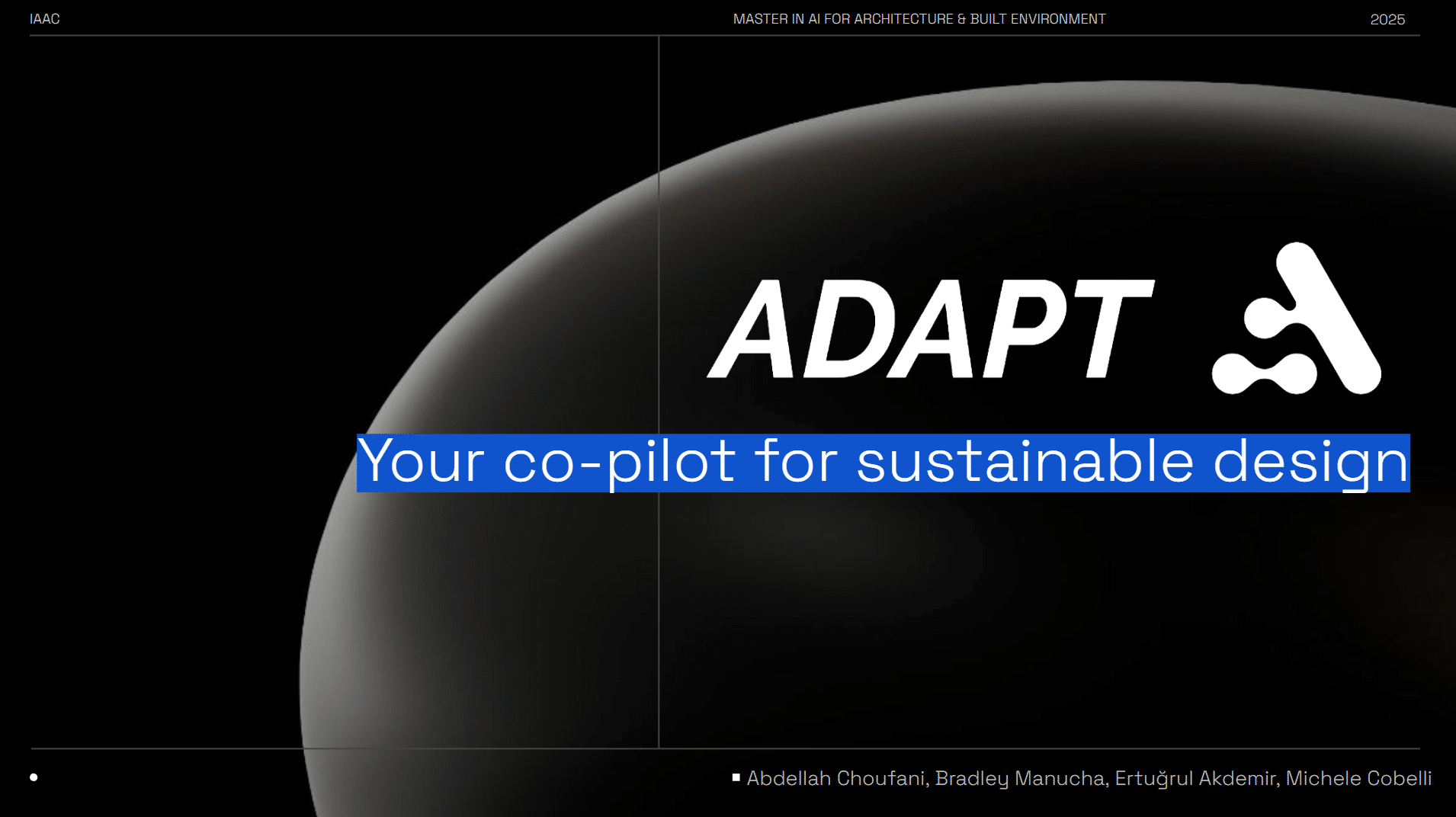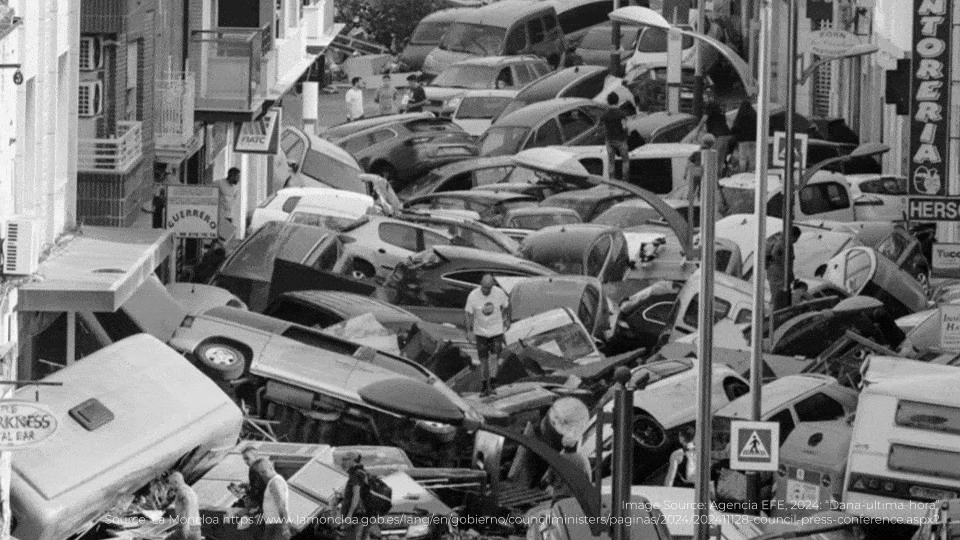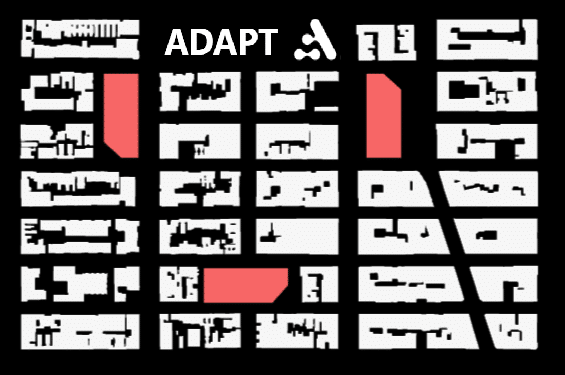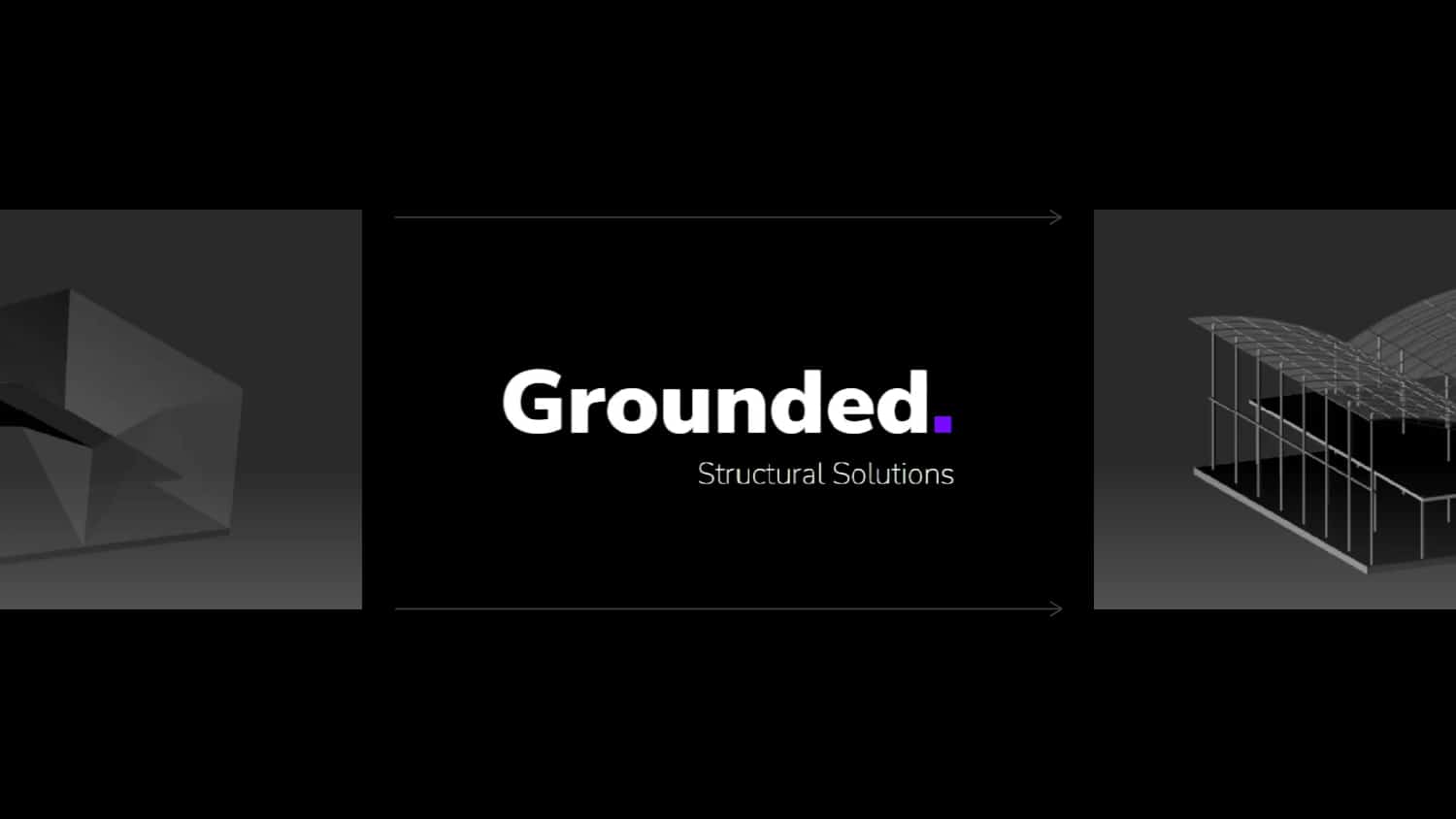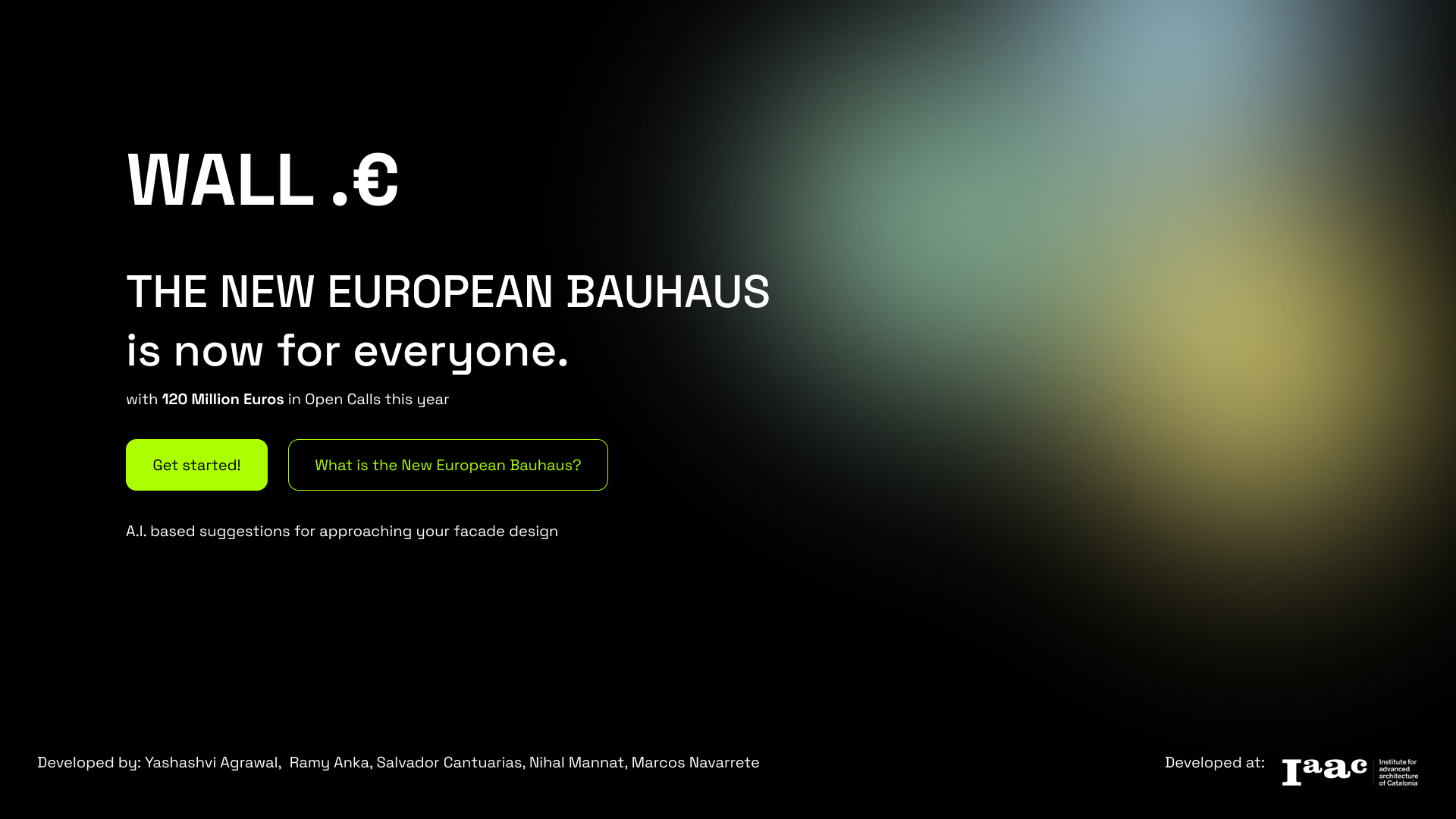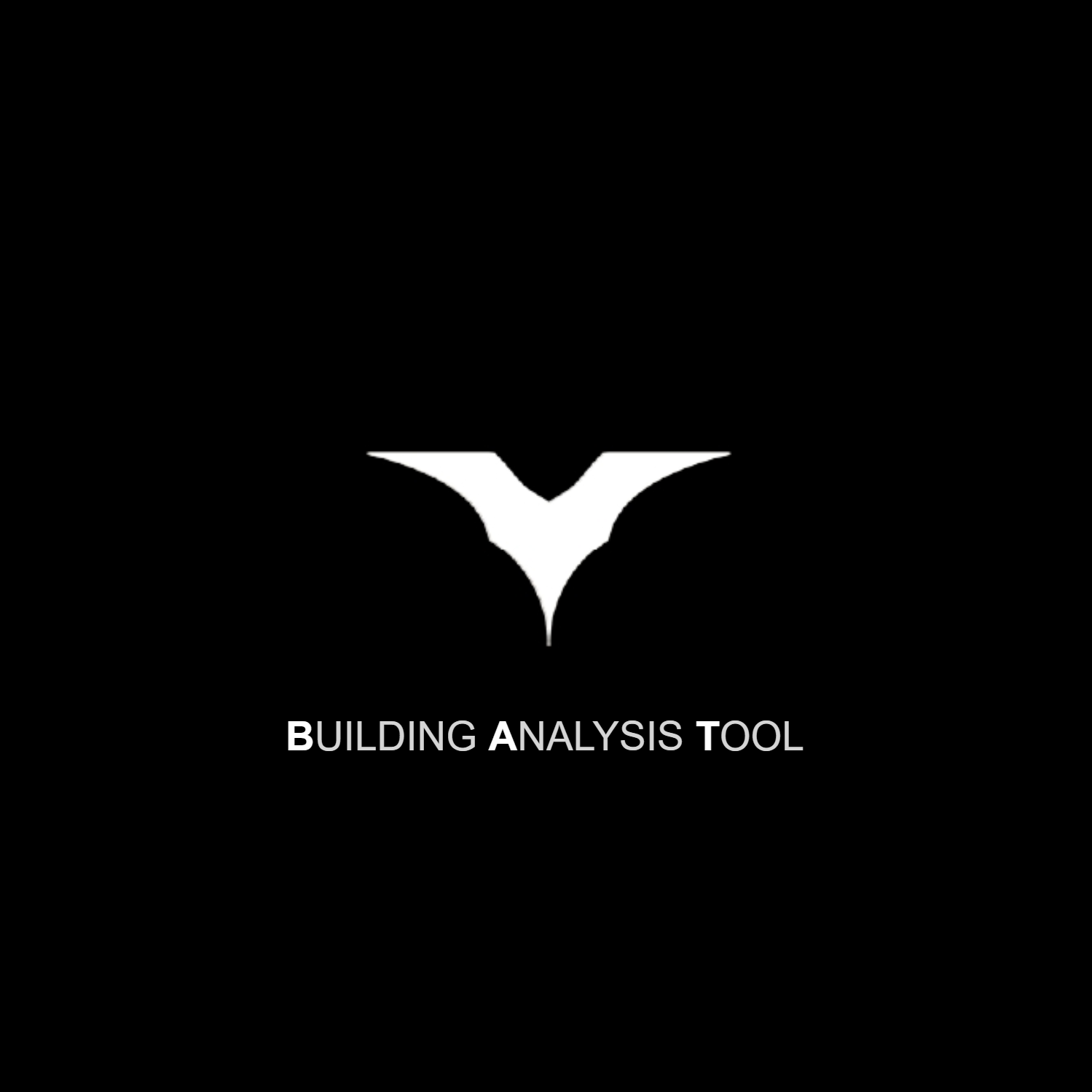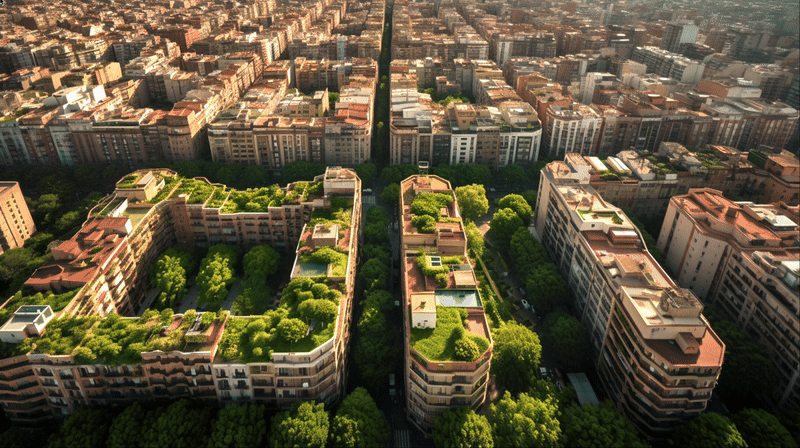The research project is impactful, grounded in data, and realistic for development within the year. Students are encouraged to consider the broader social, environmental, and technological implications of their research, ensuring its relevance in both current and future contexts.
Throughout the term, students leverage the skills and methodologies taught in their other courses, allowing them to critically assess the relevance, potential, and feasibility of their chosen projects. These skills will also aid in the development of interactive and compelling representations of their research outcomes. Students will utilise data visualisation tools, interfaces, and prototypes to effectively communicate their findings and proposed solutions to a broader audience, including stakeholders from the industry and academia.
By the end of the course, students have a well-rounded understanding of how to integrate research, data, and technology to craft solutions that are both innovative and practically applicable in the built environment.
Vertical Themes
Regenerative Design
This approach integrates ecological principles to restore ecosystems and promote sustainability. It focuses on circular design, resource efficiency, and fostering biodiversity. AI plays a key role by analysing complex ecological data, modelling adaptive systems, and optimising sustainable strategies.
Co-Design Process
Co-design involves collaborative input from multiple stakeholders. With AI-driven tools and digital platforms, the process becomes more efficient and inclusive. AI can generate design alternatives, predict outcomes, and streamline real-time collaboration and decision-making.
Carbon Neutrality
Achieving carbon neutrality requires reducing emissions and using renewable energy. AI helps manage energy use, identify low-carbon materials, and optimise buildings’ environmental responsiveness through predictive analytics and data-driven insights.
Horizontal Objectives
Urban Tech
Urban Tech leverages AI tools for urban analytics, real-time monitoring, and predictive modelling to address urban challenges. It focuses on using AI to analyse large datasets, simulate scenarios, and predict urban dynamics, enhancing urban development, infrastructure, and resource management.
Key Words: mobility, urban, infrastructure, urban analytics
Smart Construction
Smart Construction integrates advanced technologies and AI-driven automation to optimize the construction industry. From Design for Disassembly to swarm robotics, AI enables more efficient, data-driven construction processes.
Key Words: digital twins, digital manufacturing, material performance
Carbon Neutrality
AI helps analyse and predict interactions within natural ecosystems, contributing to biodiversity and decarbonization efforts. From satellite imagery to ecological modelling, AI tools support nature-based solutions and carbon-neutral strategies.
Key Words: natural evolutionary mechanisms, resources, bio-inspired innovation
Learning Objectives
At course completion the student will:
- Engage with real-world challenges in the built environment presented by industry partners.
- Develop a data-driven research project that is impactful, feasible, and relevant to social, environmental, and technological contexts.
- Utilise AI tools for problem-solving in in the AEC Industry
- Leverage cross-disciplinary skills from other courses to critically assess the relevance, potential, and feasibility of research projects.
- Create interactive representations of research findings using data visualisation, interfaces, and prototypes.
- Collaborate with experts and stakeholders from academia and industry to enhance research quality and practical application.
- Understand how to integrate AI, data, and technology to develop innovative solutions for the built environment.
- Apply strategic thinking to address sustainability and ecological challenges through regenerative design.




